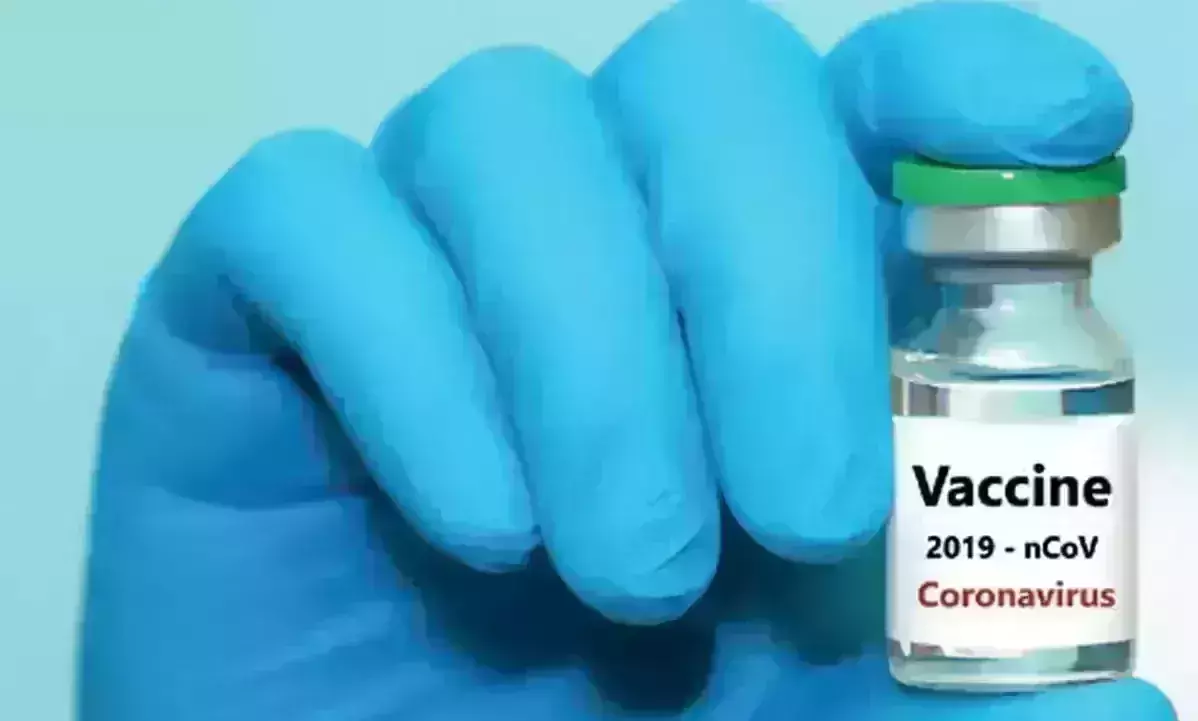
COVID-19 vaccines: Q and A
text_fieldsEver since the Covid-19 vaccines procured their emergency approval, a myriad of questions has germinated in the minds of the general public about its safety, effectiveness, etc. With the amount of misinformation around, it is indeed natural to have doubts and demand answers.
The three most asked questions are:
One, can someone who has been vaccinated still transmit the disease to others?
Two, is the vaccine effective in the wake of the emergence of new virus mutants?
And three, how long will the effect of the vaccine last?
The answers to these questions aren't straightforward as it is up to our immune system's response and activity which is rather challenging to predict.
To answer the first question, it is not just about the Covid-19 vaccine but vaccines in general. The immune system encounters many pathogens and we do not know when our immune system is responding. As most of these pathogens do not make us sick, we remain unaware of their presence in our body or if we are transmitting them to others.
Usually, when a person is infected with a virus or vaccinated, the immune system produces antibodies that specifically attack the virus. Though these antibodies wane naturally, the immune system remembers the virus to fight it if it ever shows up again. The process takes up 3-5 days but the virus, in the meantime, could replicate in our body. It is practically a race between the vaccine and virus and who kickstarts their actions in the body, first. This could vary from person to person which is why scientists are unable to answer these questions with confidence and keep advising people to wear a mask and maintain social distancing despite vaccination.
The question of whether vaccines will be effective against the virus mutants is harder to answer. Scientists are not worried about the current virus strains as they are positive the vaccine will work against them. But the virus will continue to evolve in the future and the consequences are uncertain.
The memory B cells in our immune system remember viruses and respond accordingly. These response keeps evolving. However, it is unclear if the cells will be adaptable enough to keep the virus permanently in check.
To address the third question, the immune system has a long memory in certain instances which is why certain natural infections provide us lifelong immunity. But a vaccine that mimics natural infection might require a boost to keep immunity strong for a lifetime.






















